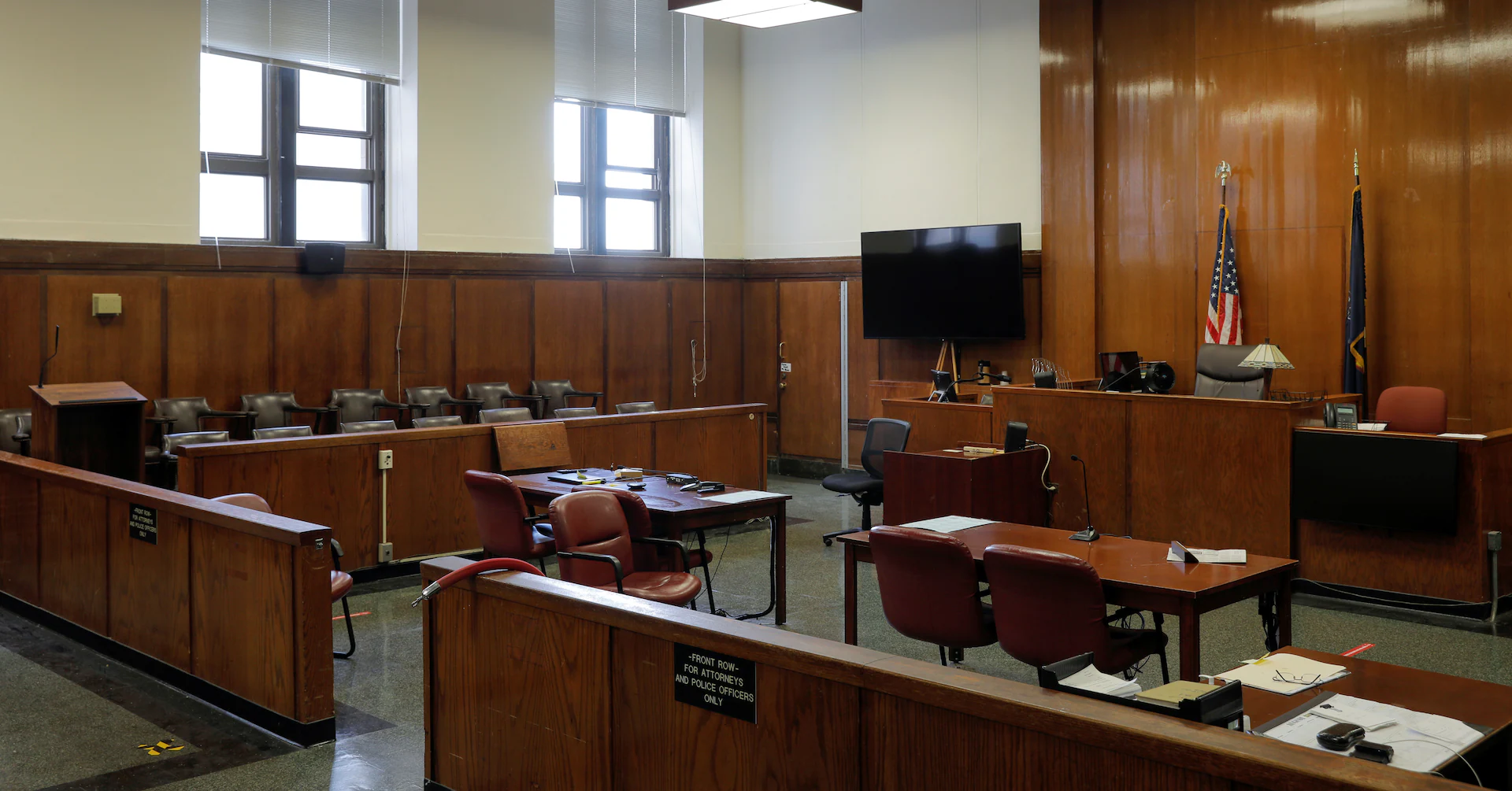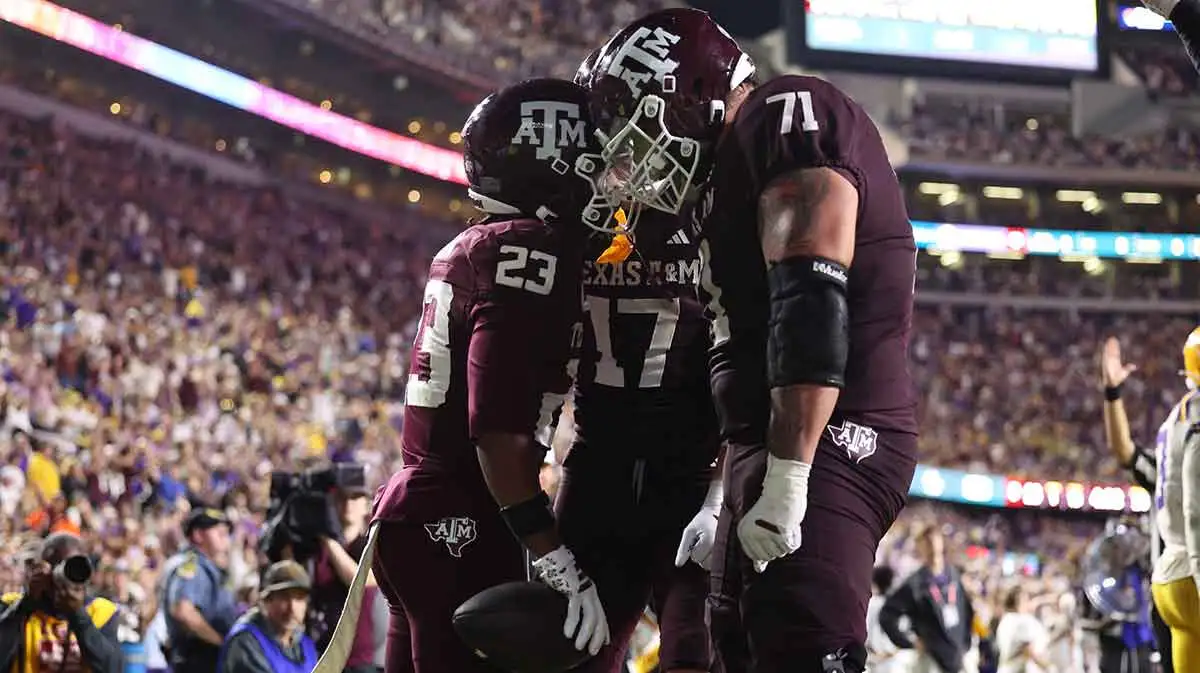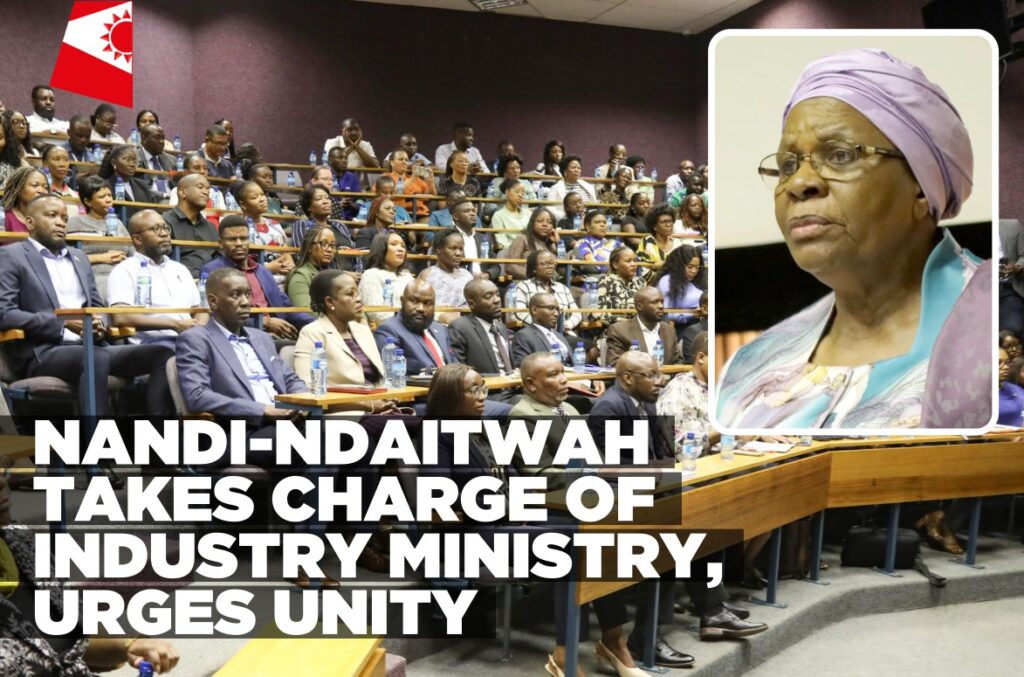Copyright Reuters

Nov 5 (Reuters) - A group of prominent defense lawyers across the country have joined an effort to fix what they see as a fundamental imbalance in the federal criminal justice system: the near-total ban on pretrial depositions. Federal rules generally prohibit defense lawyers in criminal cases from compelling witnesses to answer questions under oath before trial, even as prosecutors can use grand jury subpoenas to nail down testimony. By contrast, in civil cases — where money, not freedom is at stake — witnesses routinely sit for questioning as part of the evidence-gathering process. Sign up here. Historically, arguments against depositions in criminal cases have included concerns about trial delays, the cost of a court reporter to memorialize the proceedings and potential harassment or safety of witnesses. The rules of civil and criminal procedure provide a standardized framework for all federal court proceedings. Any change requires additional public comment followed by approval from the Judicial Conference, review by the U.S. Supreme Court and transmission to Congress for a final sign-off. The proposed Rule 15 amendment is the brainchild of Akerman partners Michael Kelly and Sergio Acosta, who told me they were inspired by their experience representing a criminal defendant in Indiana. His case offers a window into how the lack of depositions can distort the fact-finding process. Early on, Peavler met with law enforcement for a interview, accompanied by the Akerman lawyers. As is customary, an FBI agent wrote a report summarizing the meeting, but defense counsel said the account was riddled with errors. Given the alleged inaccuracies, Kelly and Acosta questioned how they could rely on the government’s summaries of dozens of interviews with other witnesses in the case — meetings where they were not allowed to be present, and where the witnesses had declined to meet with them voluntarily. The judge offered what she termed an “unusual remedy,” permitting the Akerman lawyers to depose 10 witnesses to fact-check the accuracy of the interview notes. Rather than allow the depositions to take place, prosecutors moved to dismiss all charges against Peavler, ending the case. A spokesperson for the U.S. Attorneys Office for the Southern District of Indiana did not respond to a request for comment. To Kelly and Acosta, there’s an obvious way to avoid such a morass: Allow limited pre-trial depositions of key witnesses. Since Rule 15’s adoption in 1944, depositions in federal criminal cases have only been permitted to preserve testimony (for example, if an ill witness was in danger of dying before trial), not for discovery. However, multiple states including Florida, Arizona, Indiana, Iowa, Nebraska, North Dakota, Vermont and Missouri allow depositions in criminal cases, and several lawyers submitted comments to the Administrative Office of the U.S. Courts rules committee to share their positive experiences under those systems. Among them were six lawyers from Dowd Bennett including Edward Dowd, a former U.S. attorney for the Eastern District of Missouri, who represented former Missouri Governor Eric Greitens. Beidel represented a medical scientist facing criminal charges of research fraud, which he denied. After jury selection, prosecutors abruptly dropped the case last month after problems with their expert witness and other evidence-disclosure violations surfaced, she said. “If there had been depositions, we would have gotten an earlier and better understanding” of problems with the evidence, Beidel told me. Six Williams & Connolly lawyers including senior partner Brendan Sullivan, a dean of the defense bar, also weighed in to support amending Rule 15. So far, there have been no submissions in opposition. A spokesperson for the National Association of Assistant U.S. Attorneys told me the group is still evaluating the proposal, and a U.S. Department of Justice spokesperson declined to comment. Defense lawyer Abbe Lowell, whose clients facing federal criminal charges currently include New York Attorney General Letitia James and former national security adviser John Bolton, also supports amending Rule 15 to allow limited depositions. Doing so, he told me via email, could serve as a check on prosecutorial power, and would be “an important step towards reforming an evidentiary process that as it stands, can unfairly disadvantage criminal defendants.” Reporting by Jenna Greene Our Standards: The Thomson Reuters Trust Principles., opens new tab Opinions expressed are those of the author. They do not reflect the views of Reuters News, which, under the Trust Principles, is committed to integrity, independence, and freedom from bias. Jenna Greene writes about legal business and culture, taking a broad look at trends in the profession, faces behind the cases, and quirky courtroom dramas. A longtime chronicler of the legal industry and high-profile litigation, she lives in Northern California. Reach Greene at jenna.greene@thomsonreuters.com



